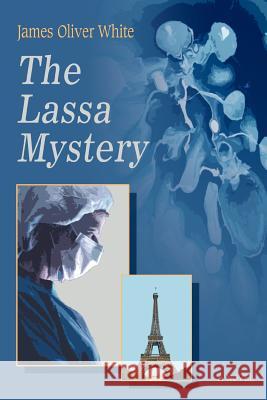The Lassa Mystery » książka
The Lassa Mystery
ISBN-13: 9780595282210 / Angielski / Miękka / 2003 / 164 str.
What do we know about LASSA? It's viral, it's dangerous, and it causes Hemorrhagic Viral Fever transmitted by urine and fecal droppings of the "Mastomys natalensis" rat. They urinate and defecate in the dust and it's made airborne by sweeping the dust into the immediate atmosphere. It's absorbed into the lungs via the aerosol method. By this method viruses and bacteria are pulled into the lungs by breathing. Now that the infectious agents are in the lungs the infection begins. This infection is then followed by an influenza-like syndrome that occurs some 7-12 days later. It is only fatal in sixteen percent of the cases. In some outbreaks there have been death rates of as high as thirty percent.
What was different about this outbreak? We had identified it as Lassa. Doctor Isabella Casal was one of the world's leading Virologists. Her work at the Pasture Institute came on the top of a brilliant career in the field of Virology working with the likes of Don MacCormick. Doctor MacCormick and Doctor Casal were probably the world's foremost experts on the Lassa virus. Santiago trusted her work and her opinion. In his experience with her in the past he had never known her to make a mistake in the identification of a virus. She was sure this was Lassa. It looked like Lassa and responded to Lassa antibodies, although not as strongly as she had known in the past. No matter how pure she made the sample of Lassa and how many antibodies she added to the mixture it would not react strongly, but it did react. It was Lassa, she would bet her career on it. But deep down inside she had a feeling that it was a different Lassa. Somehow it had the ability to be more resistant to the antibodies even if only for a short time. This meant that it had the ability to be more of an infection obstacle for the antibodies than did the usual virus.











